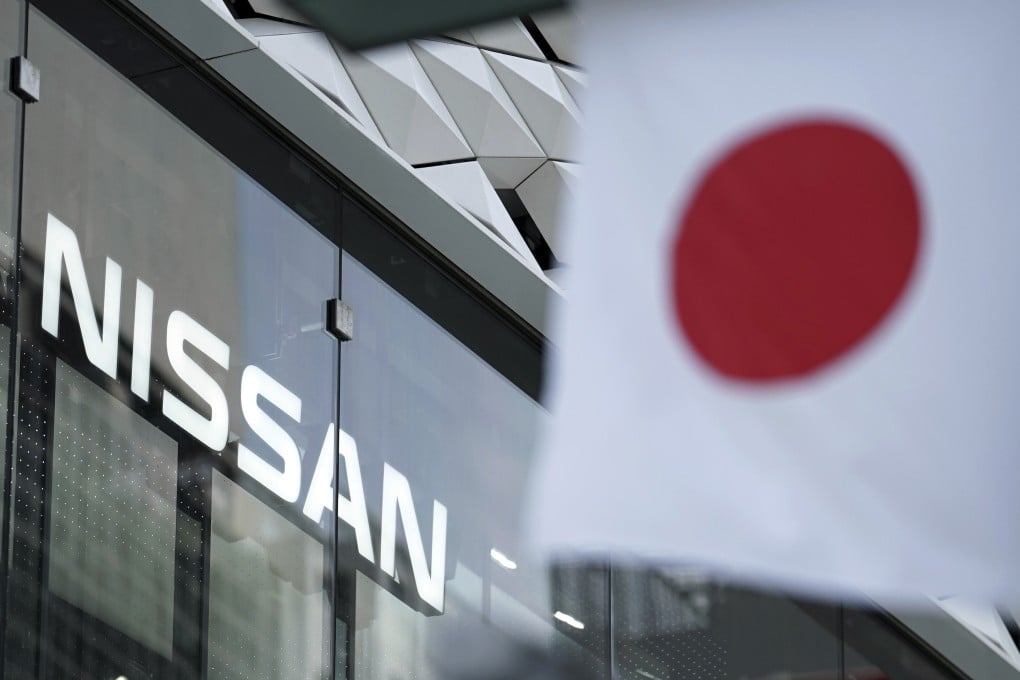Travel can a tricky business to be in when consumer confidence is so notably down. As PYMNTS CEO Karen Webster noted in a recent column, this isn’t a projection based on complex economic models or worst-case scenarios. It’s the simple math derived from actual consumer behavior already underway nationwide.
Still, those impacts may take some time to fully play out across the travel marketplace, and they didn’t hold down Booking Holdings, which on Tuesday (April 29) reported $46.7 billion in gross bookings for the first quarter of 2025, a 7% year-over-year increase, or 10% when adjusted for constant currency. Room nights booked grew 7% to 319 million, while revenue climbed 8% to $4.

8 billion, similarly reflecting a 10% rise on a constant currency basis. “I am pleased to report a good start to 2025 where healthy growth of room nights and gross bookings benefited from our globally diversified business,” said Glenn Fogel, CEO of Booking Holdings. However, Fogel also acknowledged persistent macroeconomic and geopolitical uncertainties, as well as near-term headwinds such as geopolitical risks, currency volatility and macroeconomic uncertainty.
“There is uncertainty in the market,” he told investors. Executives in turn stressed to investors on Tuesday’s call that Booking’s globally diversified platform and significant cash reserves would provide a meaningful buffer and emphasized the company’s long-term commitment to delivering value for travelers and suppliers.At the same time, company executives painted the picture of a travel landscape where the company can continue to benefit from secular trends toward online and mobile travel bookings, as well as a broadening product portfolio encompassing flights, rental cars, dining and experiences.
The company’s share price was down mid-single digits as of reporting, despite results coming in above analyst estimates. Read also: Booking Holdings Leans Into GenAI to Ramp Up Travel ExperiencesThe Challenge of Growth in a Shifting LandscapeVolatility is the new normal, and Booking Holdings will need to continue balancing growth initiatives with disciplined execution to stay ahead of its travel competitors. For the most recent quarter, alternative accommodations remained a bright spot, with room nights at Booking.
com in this category growing by a low double-digit percentage. Constant currency average daily rates (ADRs) rose 1% year-over-year, signaling stable pricing power.In transportation, rental car days grew 7.
7% and airline tickets surged 44.8% year-over-year, reflecting ongoing recovery in broader travel demand. These figures underscore Booking’s increasingly diversified product mix beyond traditional hotels.
Booking Holdings comprises Booking.com, Priceline, Agoda, KAYAK and OpenTable. A network of subsidiary brands includes Rocketmiles, Fareharbor, HotelsCombined, Cheapflights and Momondo.
Beyond the numbers, Booking continues to evolve its strategic focus. The company is doubling down on the connected trip vision — integrating flights, accommodations, car rentals and attractions into a seamless end-to-end user experience. Recent platform enhancements, including AI-powered travel planning tools and a more integrated loyalty program, are aimed at boosting customer stickiness and reducing dependence on paid marketing.
Booking also cited stronger cross-selling metrics in key markets as a positive early signal of success in building a vertically integrated travel ecosystem.See more: Expedia’s Private-Label Push Turns Loyalty Points Into Economic LeverageThe company’s executives acknowledged the transformative potential of GenAI technologies for the travel sector, though it remains mindful of operational and regulatory challenges.This aligns with the industry trends long tracked by PYMNTS.
According to a PYMNTS Intelligence report, “At Your Service: Generative AI Arrives in Travel and Hospitality,” airlines and hospitality businesses are exploring the potential of AI. The report shows 52% of customers expect AI to assist with interactions, while 44% believe it will enhance guest engagement.Booking Holdings is also executing a transformation plan announced in late 2024, aimed at improving expense efficiency, organizational agility and customer offerings.
Related transformation costs totaled $32 million in Q1 and were excluded from adjusted financial metrics. The company sees these changes as critical to long-term competitive positioning.“We remain focused on optimizing our cost structure while investing strategically in product innovation,” CFO David Goulden said.
“Our team executed well in managing variable costs while driving productivity across the organization.”While GAAP net income fell 57% from the prior year — reflecting investment cycles and tougher comparison periods — adjusted earnings per share rose 22%, and adjusted EBITDA climbed 21%, underscoring operational efficiency and margin resilience. The post Booking Holdings Defies Travel Slump With 7% Surge in Gross Bookings appeared first on PYMNTS.
com..
Business

Booking Holdings Defies Travel Slump With 7% Surge in Gross Bookings

Travel can a tricky business to be in when consumer confidence is so notably down. As PYMNTS CEO Karen Webster noted in a recent column, this isn’t a projection based on complex economic models or worst-case scenarios. It’s the simple math derived from actual consumer behavior already underway nationwide. Still, those impacts may take some [...]The post Booking Holdings Defies Travel Slump With 7% Surge in Gross Bookings appeared first on PYMNTS.com.















